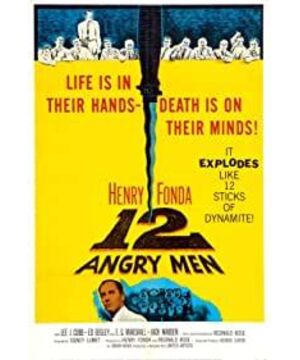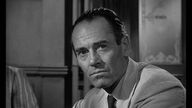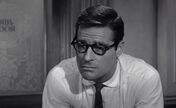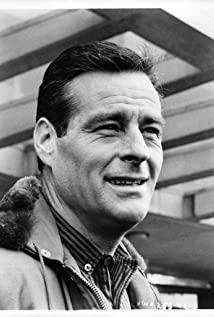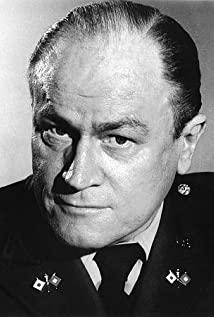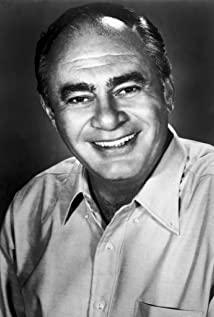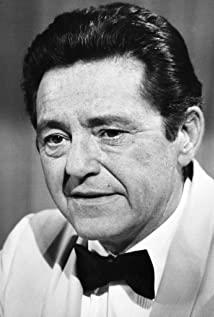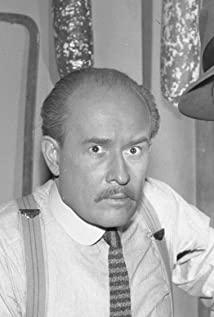From the first 11:1, only one juror found not guilty, to slowly 6:6, to the last 1:11, 0:12, the plot was ups and downs, and the pace was good.
Under the influence of the noise of the train tracks, can the uncle downstairs really hear "I'll kill yo"? Even if you hear it, isn't this sentence a statement of emotion?
The female eyewitness who saw the boy's murder had glasses marks on her nose. In the case of vision problems, is what she saw really true? The
boy was dozens of inches shorter than his father, and he could really stab his father down die? Is the use of the switchblade really the same as imagined?
Can a boy really remember the details of the movie he watched that night under pressure?
With so much doubt, so much uncertainty, no one can be sure that the boy is guilty, but according to the principle of presumption of innocence, he should be found innocent. In the end, whether the boy killed his father or not is not the point, but the wonderful debating skills that took place in the jury room and the test of humanity. Maybe you want to get out of here, but you can't make fun of one's life.
It's very exciting. Tomorrow is the moot court competition. I wonder if our jury will also imitate the Twelve Angry Men?
View more about 12 Angry Men reviews


